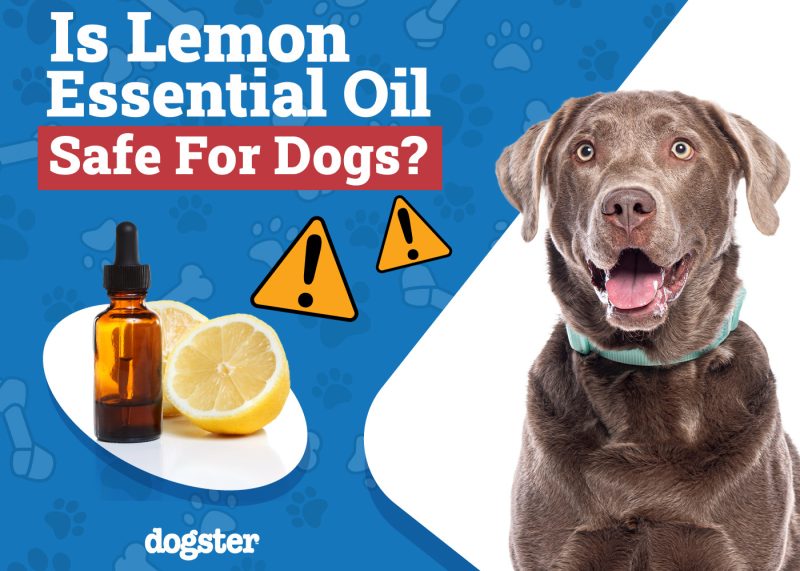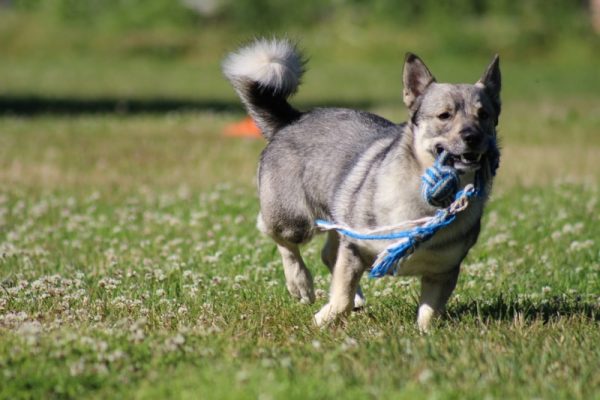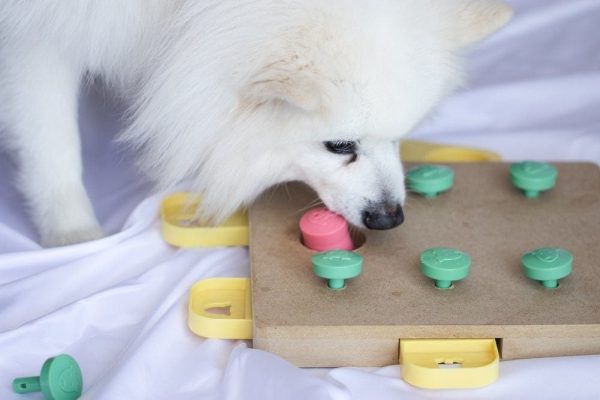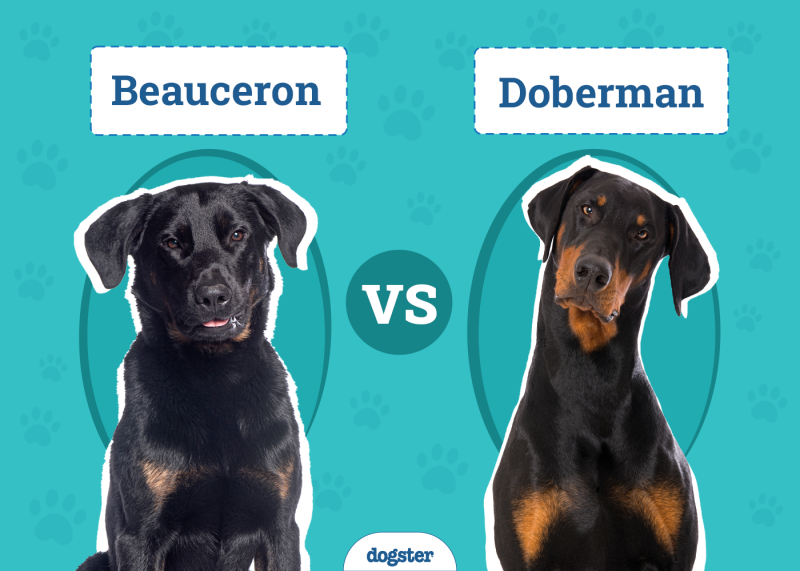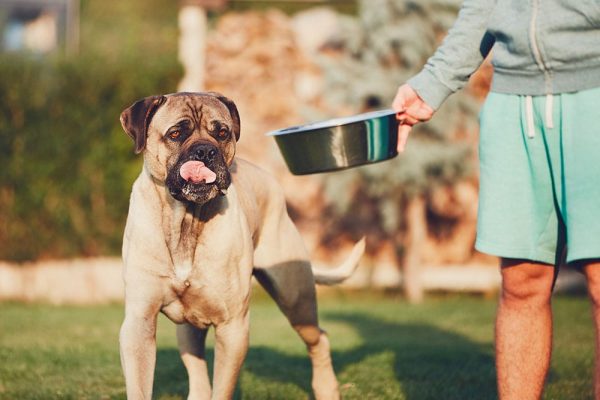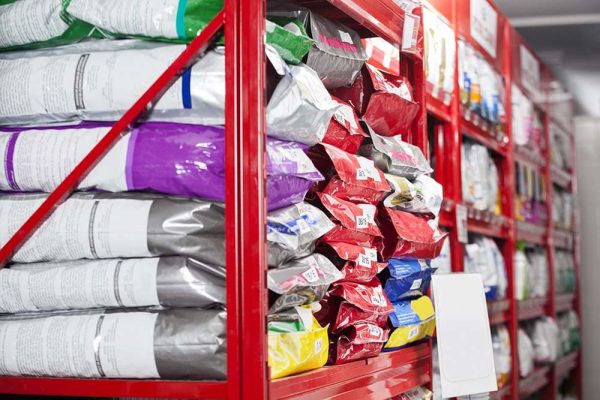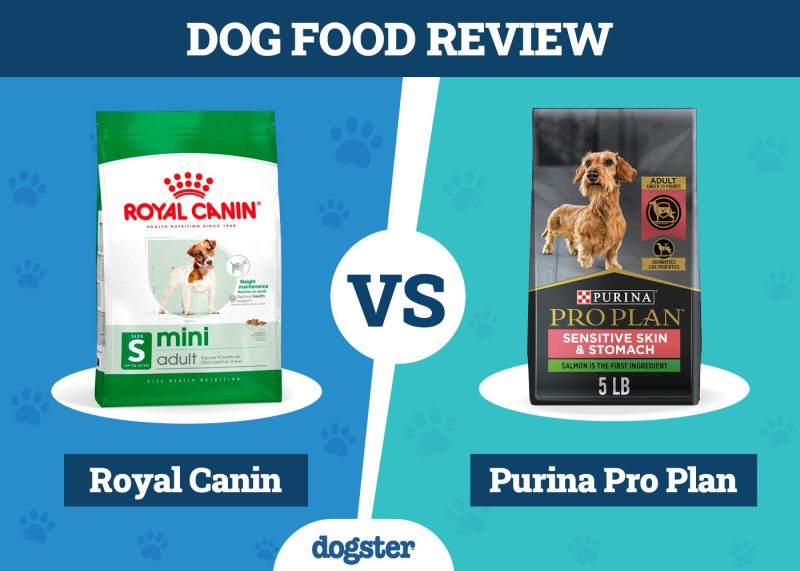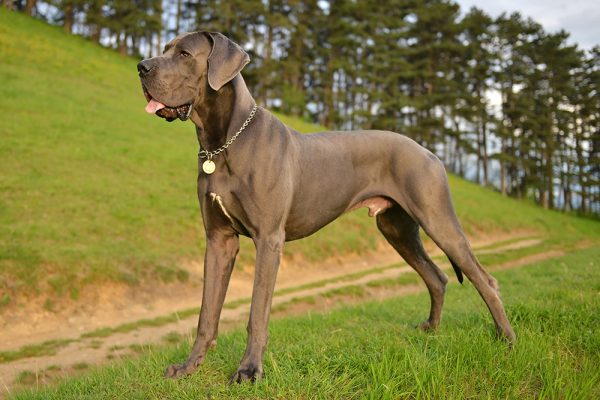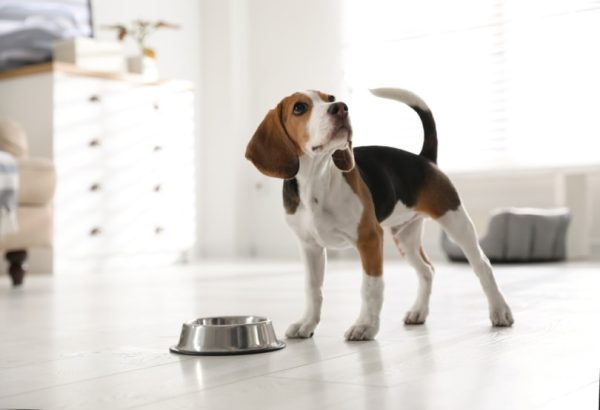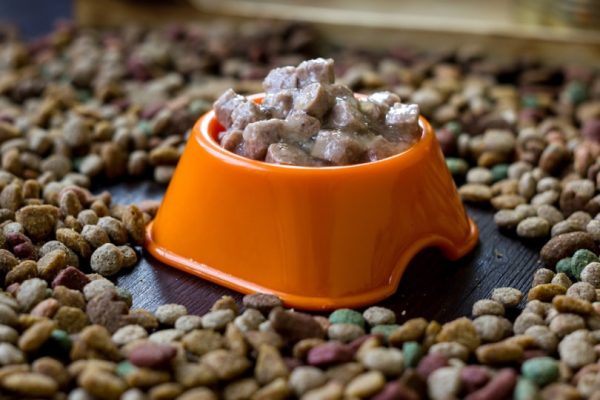In this article
Flan is a custard-like dessert that can contain several ingredients. However, it typically contains eggs, milk, and sugar. While dogs can eat a small amount of dairy products like flan, it isn’t recommended. While flan isn’t toxic, it isn’t usually good for dogs, either.
Read on below to find out why you should avoid giving this dessert to your pup.

Why Shouldn’t Dogs Eat Flan?
There are a few reasons why flan isn’t suitable for dogs:
- Dairy sensitivity: Many dogs are lactose intolerant. They don’t have the natural enzymes to digest lactose, the sugar in milk. Therefore, giving dogs flan may lead to digestive issues like diarrhea and gas. However, these problems usually subside on their own after a few hours.
- High sugar content: Flan, like most desserts, contains a lot of sugar. Therefore, it isn’t a healthy food for dogs. Excessive sugar can lead to various health issues, especially long-term.
- Additives: Flan often contains other ingredients besides the basics, like vanilla extract, artificial sweeteners, and spices. Some can be harmful to canines and may even be toxic (like xylitol, an artificial sweetener). Therefore, it’s important to double-check the ingredient list if your dog has consumed flan.
Simply put, flan isn’t necessarily toxic for dogs, but you shouldn’t give it to your dog. If you’re looking for special treats for your furry friend, dog-friendly alternatives are available, such as commercial treats formulated with their dietary needs in mind.
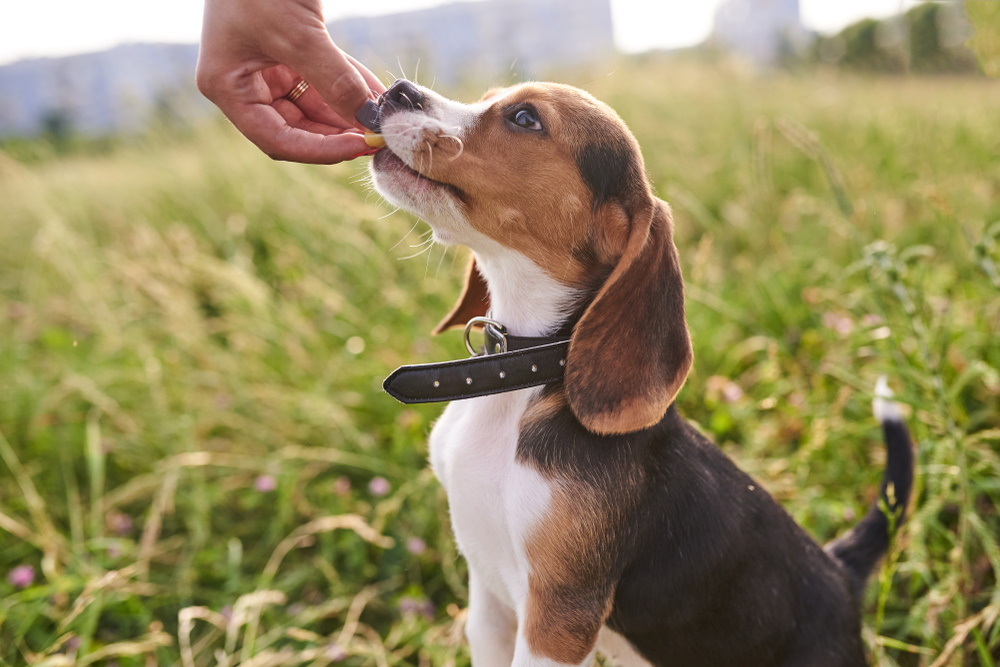
Can My Dog Eat Caramel Flan?
Caramel flans aren’t recommended for dogs. While small portions may not cause problems, they’re high in sugar and dairy. If fed alongside an unhealthy diet, caramel flan can also contribute to weight gain and diabetes.
Moreover, caramel flan contains additional ingredients like spices, which can pose further risks. As mentioned earlier, dairy products can be difficult for dogs to digest, and some spices may be irritating or harmful to them.
You shouldn’t be concerned if your dog licks a piece of caramel flan off the counter; however, we wouldn’t recommend giving your dog caramel flan regularly.
Is Leche Flan OK for Dogs?
Leche flan is basically the same as regular flan. The two names are often used interchangeably, though some individuals may differentiate between the two. Leche flan is a Filipino dessert made with egg-based custard in caramel sauce.
No matter how you differentiate it from regular flan, it isn’t suitable for dogs. It contains many of the same ingredients, including eggs, milk, and sugar. As we’ve discussed, excess sugar can lead to weight gain and other health problems in dogs. It can be harmful to dogs in larger amounts and when eaten long-term.
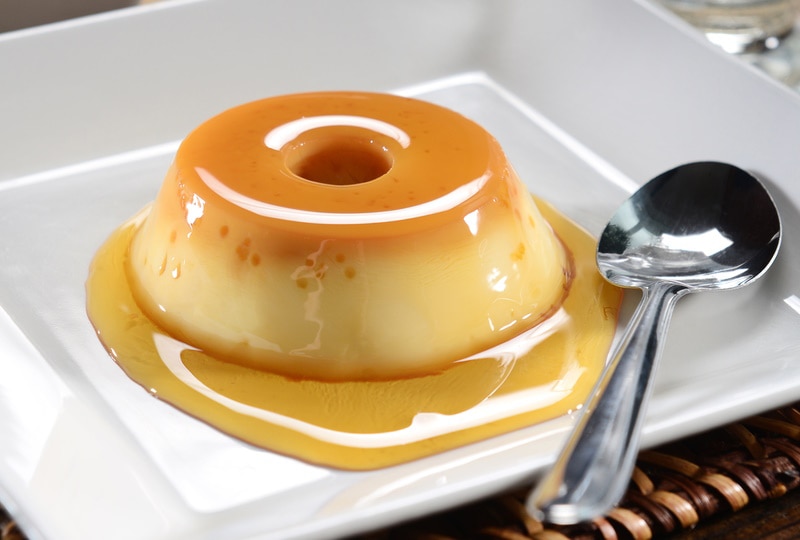
Why Are Some Dairy Products Okay for Dogs While Others Are Not?
Dogs have varying levels of lactase, which is the enzyme responsible for digesting lactose. As dogs mature, their lactase production tends to decrease, leading to lactose intolerance. While some dogs can tolerate small amounts of lactose, others may experience digestive issues such as diarrhea, gas, or an upset stomach.
Dairy products like plain yogurt or cottage cheese contain lower levels of lactose and can be more easily digested by dogs than products like milk or ice cream. Flan, which contains milk, is more likely to cause digestive issues than cottage cheese or similar dairy products.
What Are the Signs of Lactose Intolerance in Dogs?
Signs of lactose intolerance in dogs are similar to those in humans, including:
- Diarrhea
- Vomiting
- Gas
- Abdominal discomfort
- Bloating
- Increased thirst
- Urination
These signs of discomfort usually occur shortly after the dog consumes dairy. However, they may occur many hours later. It all depends on how much the dog ate and their sensitivity to lactose. Luckily, lactose intolerance isn’t a concern in dogs and requires no particular treatment.
Veterinary care isn’t needed unless your dog is at risk of becoming dehydrated (which usually doesn’t occur unless there is an underlying health issue). Lactose intolerance cannot be cured; the only treatment is to avoid giving your dog dairy products.
If you need to speak with a vet but can't get to one, head over to PangoVet. It's our online service where you can talk to a vet online and get the advice you need for your pet — all at an affordable price!
Can Dogs Eat Other Custard-Based Desserts?
Practically all custard-based desserts include similar ingredients as flan, including eggs, milk, and sugar. While custards aren’t toxic, these ingredients can be troublesome. There are many other dog-safe desserts, such as dog-formulated ice cream and similar treats.
Feeding your dog custard can lead to digestive issues and long-term health conditions if fed regularly. Plus, some custards, especially savory custards like quiche, may contain toxic ingredients.
What Are the Risks of Feeding Dogs Lots of Sugar?
Feeding dogs foods high in sugar can lead to various health issues. Excessive sugar consumption can contribute to weight gain and obesity, which can put additional strain on a dog’s joints and organs. Moreover, a diet high in sugar can negatively impact a dog’s blood sugar levels and contribute to the development of diabetes or other metabolic disorders.
Therefore, limiting your dog’s intake of sugary foods, including flan, is crucial. It simply isn’t a healthy option.
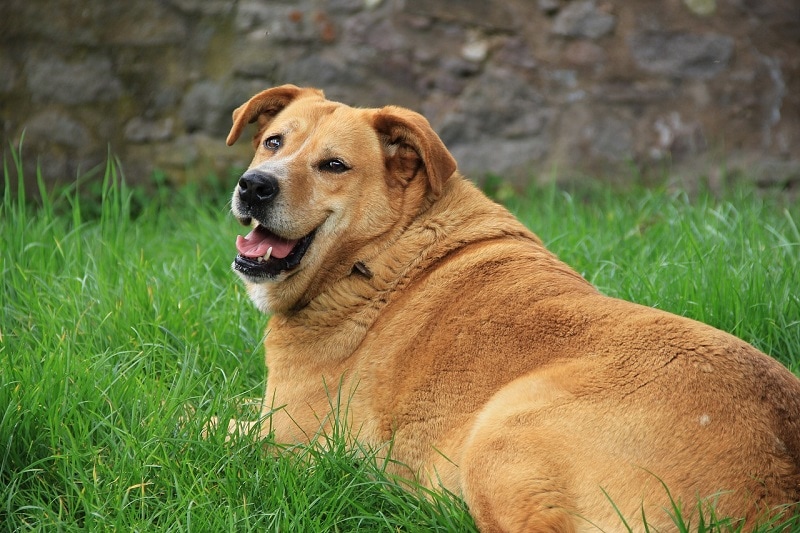
What Spices Are Toxic to Dogs?
We’ve mentioned that some spices in flan are toxic to dogs, including onion, garlic, nutmeg, and others. They should be avoided whenever possible. Onion and garlic, in particular, can lead to anemia, though the signs don’t occur for some time after the dog consumes them. Nutmeg can be toxic in large quantities. It causes signs like hallucinations, increased heart rate, and abdominal pain.
It’s best to avoid spices when feeding your dog since many that are safe for humans aren’t safe for canines.

Conclusion
Flan and similar desserts aren’t safe for dogs. The basic ingredients include milk, eggs, and sugar. While properly prepared eggs are okay for dogs, milk and sugar are not. Sugar can lead to a range of health issues, like diabetes and weight gain.
Similarly, many dogs are lactose intolerant. Most custards like flan will lead to digestive issues in dogs. Your dog may be happy to eat the flan, but they probably won’t enjoy it later. Therefore, it’s important to avoid feeding your dog flan. However, you shouldn’t be concerned if they ate a small amount of flan behind your back. It isn’t toxic, but it isn’t healthy, either.
See Also:
- Can Dogs Eat Yogurt? Vet Approved Nutrition Facts & FAQ
- Can Dogs Eat Fortune Cookies? Vet-Reviewed Nutrition Facts & FAQ
Featured Image Credit: demidoff. Shutterstock






